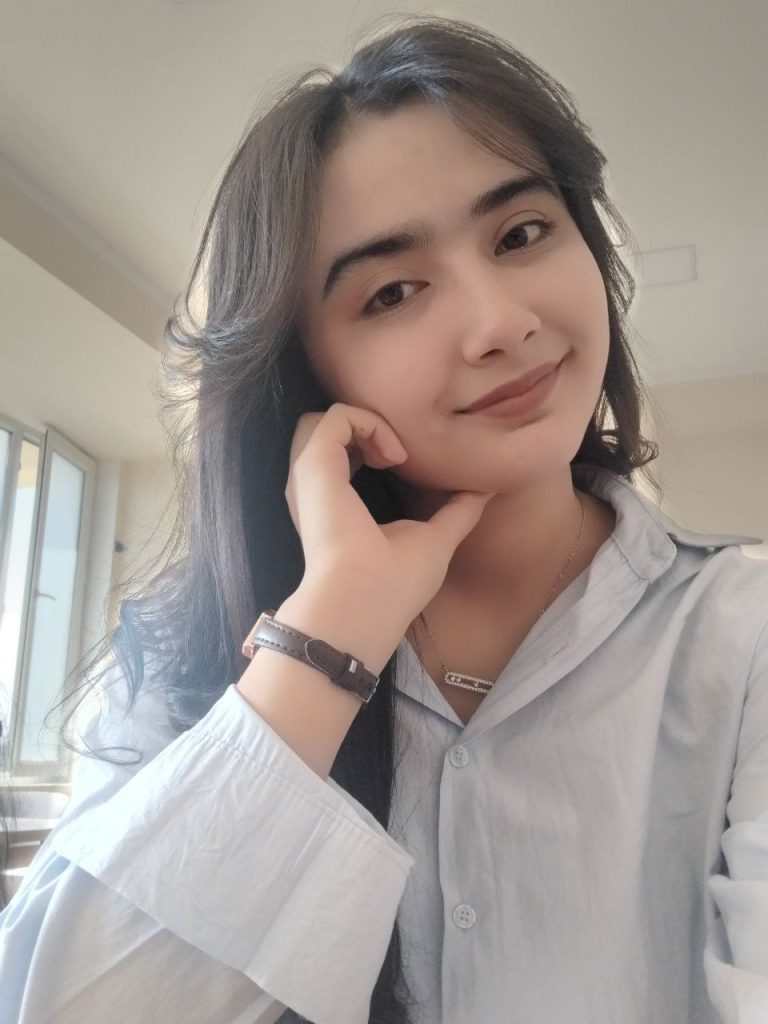
The Living Orphan
I heard the sound of familiar footsteps approaching our street. When I turned, I saw my old schoolmate standing there. I hadn’t seen her since the last days of high school, when she had suddenly married and left. Time had flown by. And now, she was at my door, carrying a tiny baby in her arms.
Her eyes were the same as before, her hair just as I remembered it back in tenth grade. It was as if the very girl I once knew had returned unchanged. Only the infant asleep in her embrace told another story — a story that had already marked her life with burdens far beyond her years.
I walked up to her and greeted her. My gaze fell on the child’s face, and my heart trembled. The baby looked exactly like his father, Qurbon. But the truth struck me like a cold wind — this man had denied his own child, refused even to acknowledge him.
“My husband now carries him in his arms,” she said, her voice filled with pride. “He treats him as if he were his own.” I stayed silent, questions echoing in my mind. It may be so today, but what about tomorrow? Will promises remain unbroken? Will this child’s presence one day be thrown back at him like a reproach?
Meanwhile, the baby slept peacefully, unaware of the weight of life, unaware of the wounds left by adult mistakes. Not even a year old, yet already a living orphan. His mother was still barely a woman herself, and his father had turned his back on the responsibility of being a parent.
As I held the fragile little body in my arms, a storm of thoughts rose within me. Who was truly at fault? The reckless choices made in youth? The blindness of love? Or the indifference of a society that lets such stories repeat again and again? I had no answer. Only one truth stood clear before me: the child was innocent.
My friend kept talking, complaining about another acquaintance, words spilling fast and bitter. I barely listened. My eyes were fixed on the sleeping baby, my mind trapped in a single haunting question: Whose hands will raise him? His uneducated mother’s? The stepfather who now shows him affection? Or the real father, who has rejected him, yet whose blood flows in his veins?
This question pressed upon my heart like a heavy stone — and no answer would come.
Dilobar Maxmarejabova, born in Yakkabog‘, Qashqadaryo, is a young writer and a second-year student at the Journalism and Mass Communications University in Tashkent. Specializing in English Philology, she is passionate about literature, poetry, and storytelling, and often reflects on themes of identity, resilience, and the beauty of her homeland. Beyond her studies, she leads youth initiatives such as the “Rivojlanamiz Club,” where she organizes literary competitions and reading circles to inspire creative expression among young people. Dilobar aspires to pursue further studies abroad and dreams of becoming a voice for her generation through journalism and creative writing.
